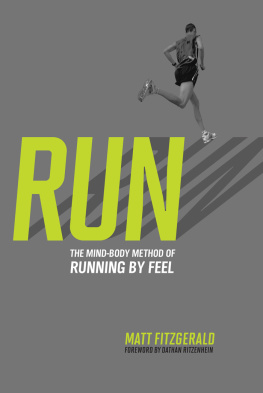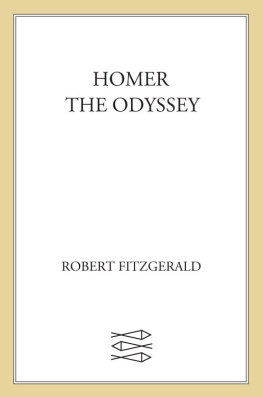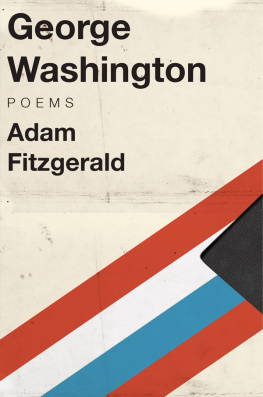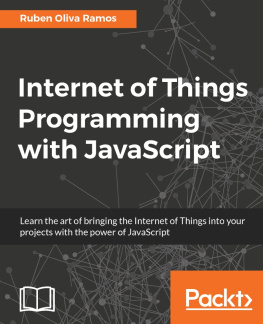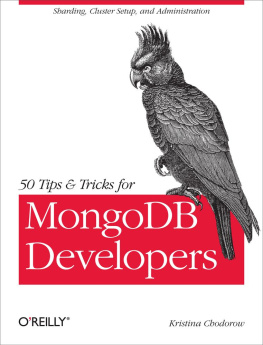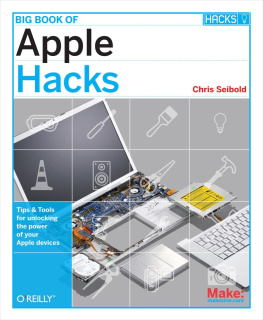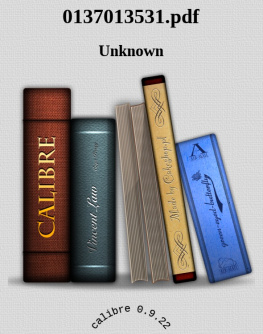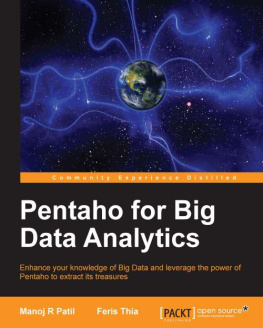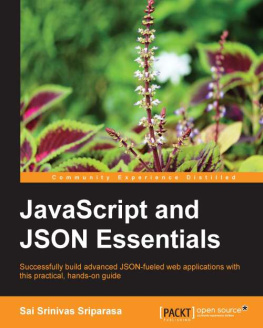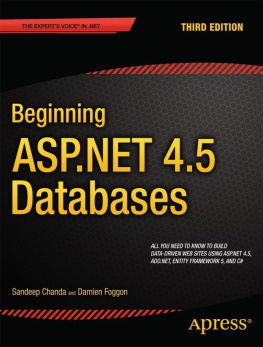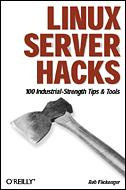Timothy Appnel has 13 years of corporate IT and Internet systemsdevelopment experience and is the principal of Appnel InternetSolutions, a technology consultancy specializing in Movable Type andTypePad systems. In addition to being a technologist, Tim has abackground in publications which includes cofounding and managingOculus Magazine, a free indie music and artszine, for over seven years. He is an occasionalcontributor to the OReilly Network and maintains apersonal weblog of his thoughts at http://www.timaoutloud.org/.
Tara Calishan is the editor of the online newsletterResearchBuzz (http://www.researchbuzz.com) and the authoror coauthor of several books, including the bestselling Google Hacks (OReilly) and Spidering Hacks (OReilly). Asearch engine enthusiast for many years, she began her foray into theworld of Perl when Google released its API in April 2002.
John Cowan is the senior Internet systems developer for ReutersHealth, a very small subsidiary of Reuters, a wire service andfinancial news company. He was responsible for ReutersHealths current news publication system, whichdistributes about 100 articles per day to about 200 wholesale newscustomers, mostly in XML. (Yes, so most of them want HTML and getXHTML. Deal.) John is a member of the W3C XML Core WG (and the editorof the XML Infoset and XML 1.1 specifications) and the closed Unicoremailing list of the Unicode Technical Committee. He also hangs out onfar too many other technical mailing lists, masquerading as theexpert on A for the B mailing list and the expert on B for the Amailing list. His friends say that he knows at least something aboutalmost everything, while his enemies say that he knows far too muchabout far too much. In his copious spare time, John constructed andmaintains TagSoup, a SAX-compatible Java parser for ugly, nasty HTML,and the Itsy Bitsy Teeny Weeny Simple Hypertext DTD, a small subsetof XHTML Basic suitable for adding rich text to otherwise bald andunconvincing document types (now available in RELAX NG, too). He isinterested in languagesnatural, constructed, andcomputerand is the author of The Complete LojbanLanguage . He is also the current maintainer of FIGlet, theworlds only Unicode rendering engine that usesASCII characters instead of pixels.
Leigh Dodds is an application developer and designer specializing inJava and XML. He currently manages a small engineering team atIngenta (http://www.ingenta.com/), and is responsiblefor developing bibliographic content management and document deliverysystems and services. Leigh is also a freelance author and hascontributed numerous articles and tutorials to xmlhack.com, XML.com,and IBM developerWorks. Leigh is based in Bath, United Kingdom.
Micah Dubinko is a software engineer who lives in Phoenix, Arizona,with his wife and child, and works for Verity, Inc. (http://www.verity.com/). He is the author of XFormsEssentials (OReilly), available online at http://xformsinstitute.com. He also served asan editor and author of the W3C XForms specification (http://www.w3.org/TR/xforms/), andparticipated in the XForms effort beginning in September 1999, ninemonths before the official Working Group was chartered. He wasawarded CompTIA CDIA (Certified Document Imaging Architect)certification in January 2001.
Bob DuCharme (http://www.snee.com/bob) is the author of XSLT Quickly (Manning Publications), XML: The Annotated Specification (PrenticeHall), SGML CD (Prentice Hall), and Operating Systems Handbook (McGraw Hill). Hewrites the monthly TransformingXML column for XML.com and has contributed to XML Magazine , XML Journal ,IBM developerWorks, XML Developer, and XMLHandbook (Prentice Hall). A consulting software engineerat LexisNexis, Bob received his BA in religion from ColumbiaUniversity and his masters in computer science fromNew York University.
Hans Fugal is the author of desert.vim, thenumber-one rated color scheme at vim.org (http://www.vim.org/scripts/script.php?script_id=105).He also wrote rnc.vim, a Vim syntax highlightingspecification for the RELAX NG compact syntax (http://www.vim.org/scripts/script.php?script_id=387).He is the author of the gdmxml schema, an XML implementation of theGENTECH Genealogical Data Model (http://gdmxml.fugal.net). He has abachelors degree in computer science from BrighamYoung University and is preparing to pursue a PhD in computerscience. He is very interested in computer music and maintains a fewcomputer music-related packages in Debian. He plays the piano and theorgan. He is presently employed as a system administrator at WencorWest, Inc. (http://www.wencor.com/).
Jason Hunter is the author of Java ServletProgramming (OReilly) and coauthor of Java Enterprise Best Practices (OReilly). Hes an Apache Member,and as Apaches representative to the Java CommunityProcess Executive Committee, he established a landmark agreement foropen source Java. He is publisher of Servlets.com and XQuery.com, anoriginal contributor to Apache Tomcat, creator of thecom.oreilly.servlet library, and a member of theExpert Groups responsible for servlet, JSP, JAXP, and XQJ APIdevelopment, and he sits on the W3C XQuery Working Group. Heco-created the open source JDOM library to enable optimized Java andXML integration. He works at Mark Logic (http://www.marklogic.com/), where he has beenworking on their XQuery implementation since June 2002.
Rick Jelliffe is CTO of Topologi Pty. Ltd. (http://www.topologi.com), a company makingXML-related desktop tools, and spends most of his time working oneditors, validators, and publishing-related markup. His current mainstandards project is editing an upcoming ISO standard for theSchematron schema language (http://www.ascc.net/xml/schematron), which heoriginally developed. As well as his work with ISO SC34 and theoriginal XML group at W3C, Rick was a sporadic member of the W3CSchema Working Group and the W3C Internationalization Interest Group.He is the author of


